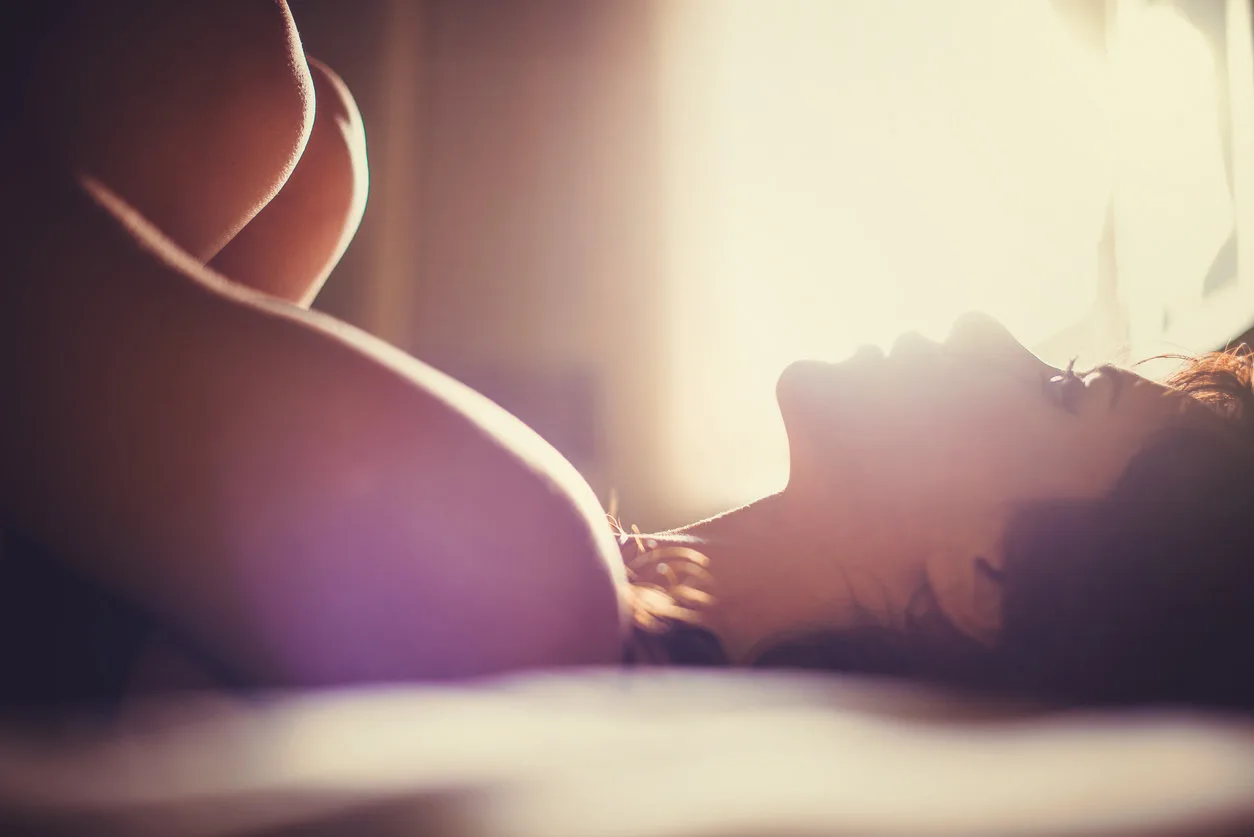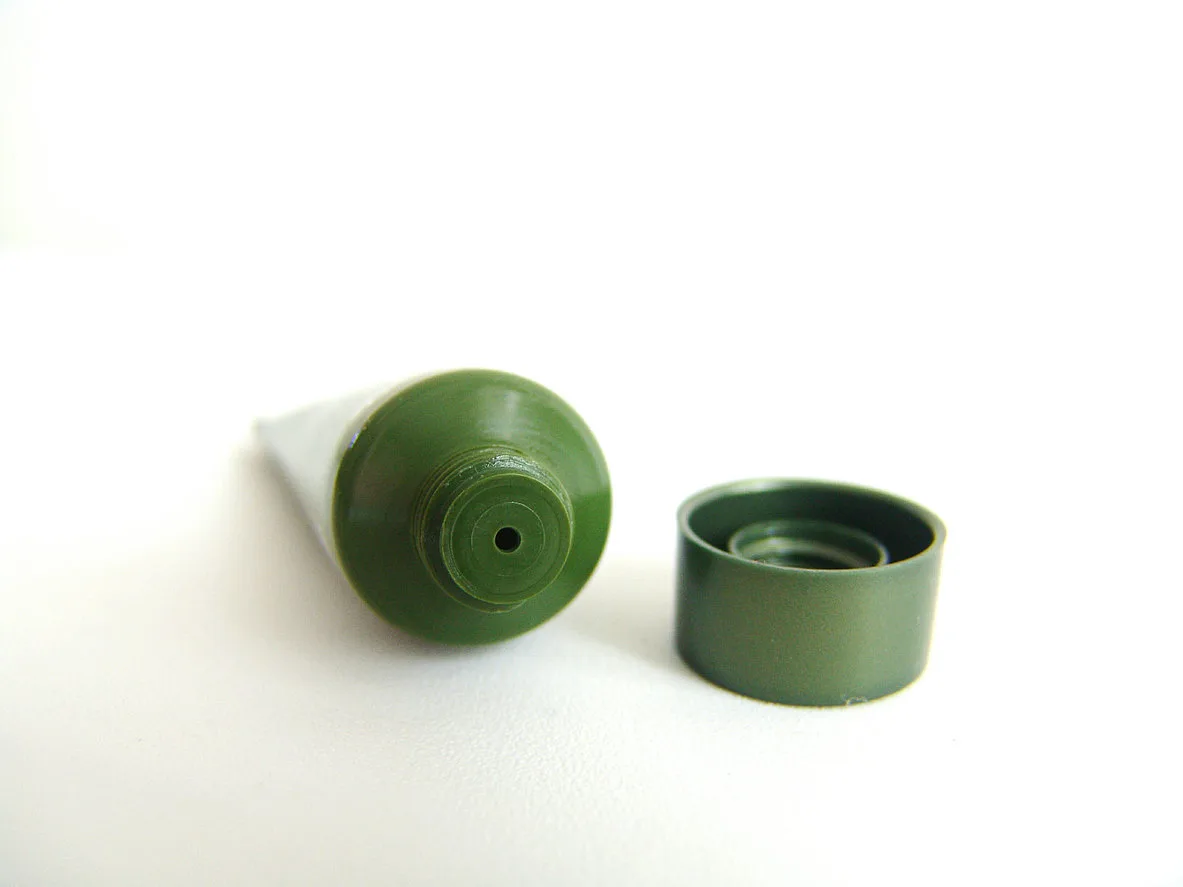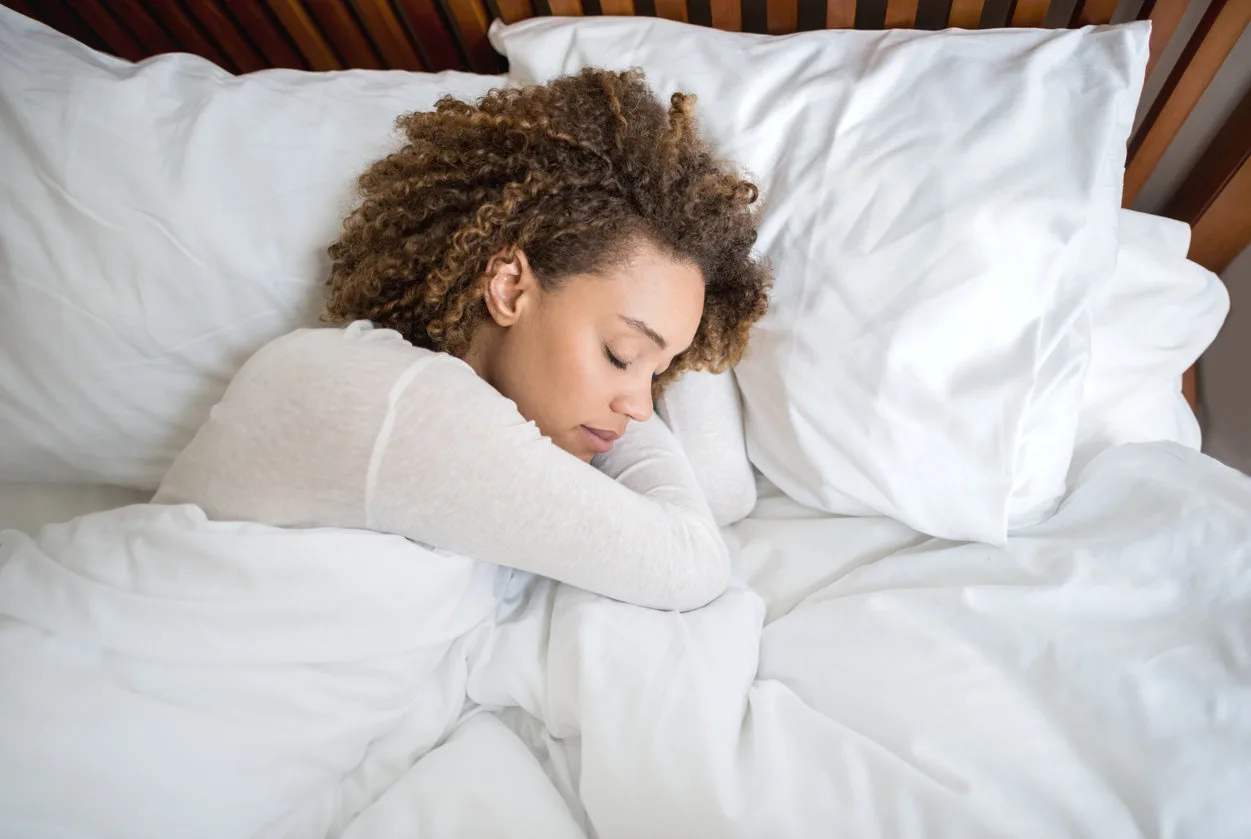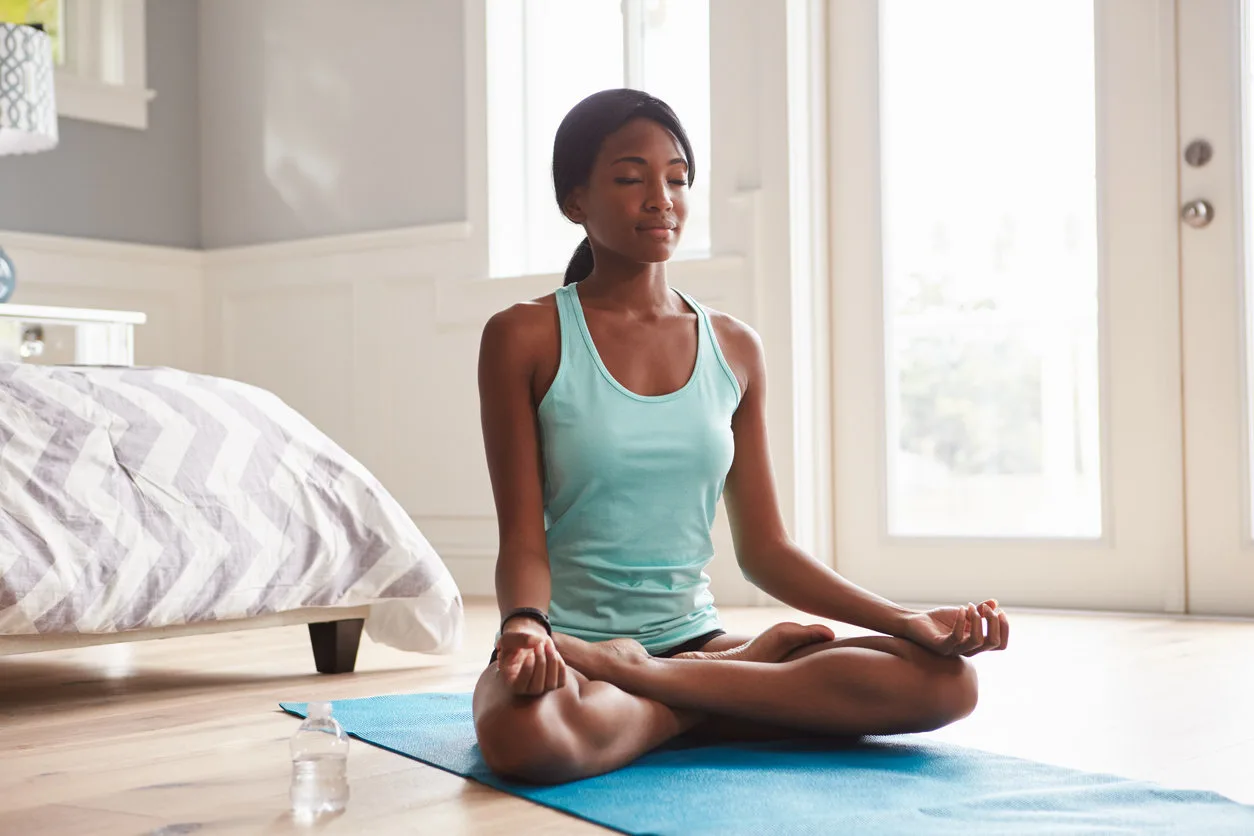11 Surprising Tricks to Getting Pregnant Fast
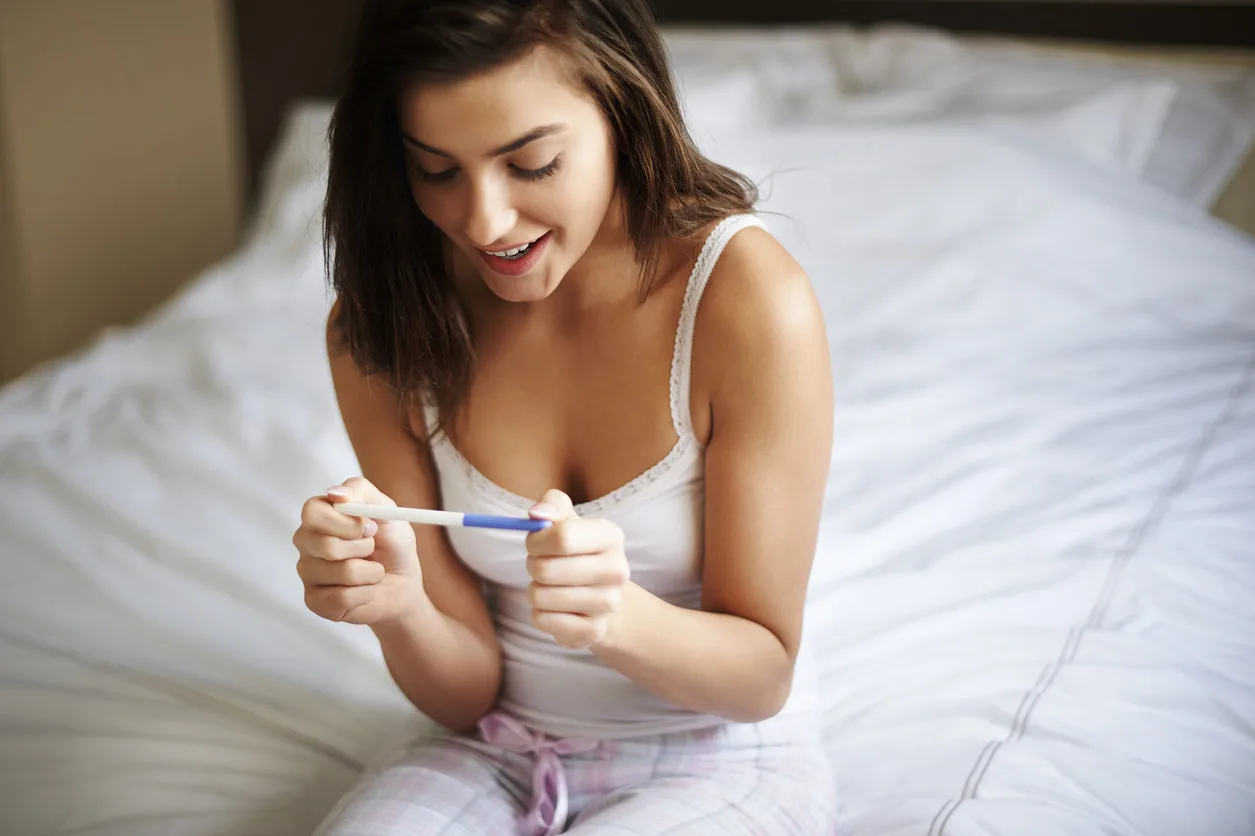 iStock.com/gpointstudio
iStock.com/gpointstudioOnce you've decided to start trying for a baby, you want to get pregnant fast. Not because the "trying" part isn't fun, obviously, but because you're so ready. Unfortunately, when it comes to all the tricks and tips that purport to speed up conception, you'll probably hear a lot of crazy myths. (For the record, you don't have to have an orgasm, and taking cough syrup won't boost your fertility.)
Before trying, see your OB for a preconception counseling visit. "[This visit] can probably improve your chances of conception," says Heather Rupe, DO, board-certified OB/GYN and WebMD contributor. "Your OB can help you maximize healthy choices and make sure that none of your current medical issues might affect your pregnancy."
But there are other lesser-known tips and tricks that could help you get pregnant faster. Here, 11 that studies and experts stand by. You probably haven't heard all of these.
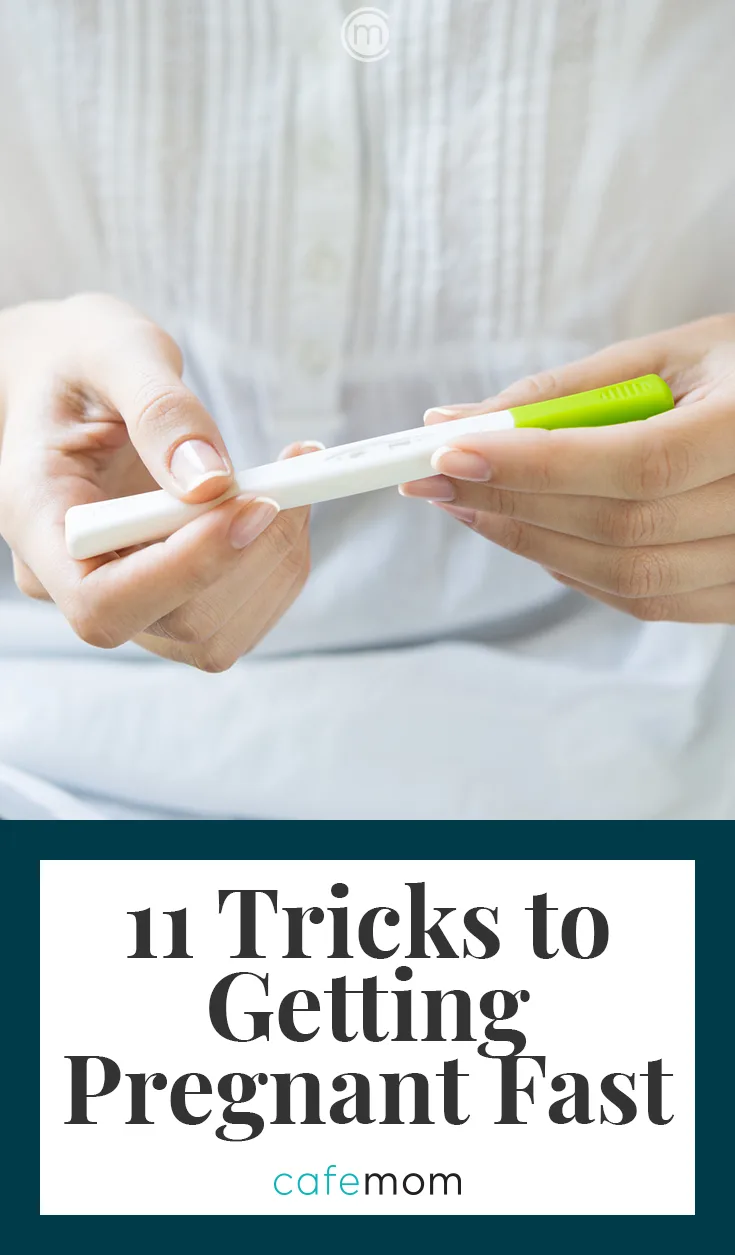
Use an ovulation kit.
Ovulation kits you can get over the counter measure your levels of luteinizing hormone, which rises every month during ovulation. "[These] kits can be very helpful to make sure you are hitting the right time each cycle," says Mary Jane Minkin, MD, clinical professor of obstetrics, gynecology, and reproductive sciences at Yale University School of Medicine, and author of A Woman's Guide to Sexual Health. The three days right after getting a positive test result are the best time for couples to have sex to increase their odds of becoming pregnant, according to the American Pregnancy Association.
Stay in bed after sex.
Although research hasn't proven that lying in bed after doing it will increase your chances of conceiving, it's worth a shot. "I would recommend not jumping up out of bed immediately after sex," Dr. Minkin says. Basically, it's not a research-proven move, but it can't *hurt* to try!
Get comfier with eating (good-for-you) fats.
A study published in the journal Human Reproduction found a link between ovulatory infertility and low-fat dairy. "Women who drank low-fat or fat-free milk were more likely to experience anovulation [failure of ovulation] than women who opted for full fat," explains Kendra Tolbert, RDN, a nutritionist and founder of LiveFertile.com. "When you're trying to conceive, making friends with fat is crucial. Fat helps to keep your blood sugar steady, makes fat-soluble vitamins more bioavailable, and it's a precursor for the sex hormones that govern the menstrual cycle. Plus, it makes food taste good -- food should taste good!"
Still, stay away from "bad fats" and stick with the good ones. Tolbert recommends eating healthy (monounsaturated and polyunsaturated) fats found in foods like nuts, seeds, salmon, olives, and avocados. Trans fats, the kinds found in processed foods, increase your risk of ovulatory infertility, so avoid those.
Have sex outside your ovulation 'window' too.
Your tracking app or ovulation kit may predict you're fertile for a few days each month, but you may boost your odds by doing it outside that window too. "Have sex every day or every other day for five days before and five days after ovulation," recommends Dr. Rupe.
The reason you'll want to try during this entire 11-day span? Even if you're using an ovulation kit, "ovulation isn't totally predictable," explains Dr. Minkin. "And sperm can hang around [inside a woman's body] for a few days, so it's good to have some guys 'at the ready,' especially if you ovulate a little off schedule."
More from CafeMom: 18 Best Sex Positions While Pregnant (PHOTOS)
Use a certain kind of lube.
"Lubes are important," notes Dr. Minkin. Some actually slow down or kill sperm, so you either want to go lube-free or select a sperm-friendly one.
"The best one out there, which has indeed been studied by fertility doctors, is Pre-Seed, which has been shown to be fine for sperm motility," says Dr. Minkin. According to the manufacturer's website, Pre-Seed is preferable because it "mimics fertile cervical fluids [and] is pH-balanced and isotonic, so sperm can swim freely."
In a study published in the Journal of Assisted Reproduction and Genetics, Pre-Seed was compared to other lubricants, and researchers concluded that it was the lubricant with the "least negative effect on sperm function."
When it comes to frequency, don't overdo it.
Less may be more when it comes to how often you have sex around ovulation. "The one thing that you don't want to do is have too much sex, which will decrease the concentration of sperm," warns Dr. Minkin. Her recommendation: Do it once a day, or every other day around ovulation.
Consider positions that promote deeper penetration.
Sperm will travel to the cervix regardless of the position you're having sex in, and there's no scientifically proven position for babymaking. But, like not jumping up right away after sex, it can't hurt to have sex in a way that will give sperm a beeline to the cervix, according to experts at the Fertility Centers of Illinois. Positions that promote deeper penetration, like having your partner enter you from behind while you're either lying on your abdomen, kneeling, or you're lying side-by-side may give you a better shot at getting pregnant, as it will allow the penis to reach the recess at the back of the cervix. These positions may also enhance the ability of sperm to "swim upstream."
Watch your coffee and alcohol intake.
Though you know that alcohol and caffeine are pretty universally discouraged once you've actually conceived, limiting them may help you get pregnant faster, too. "[One study] found that excess alcohol, defined as more than 14 drinks a week, is associated with decreased fertility, and a smaller study showed more than three drinks a week might affect fertility," explains Dr. Rupe. "Caffeine intake of more than 300 mg a day (roughly three cups of coffee) was associated with decreased fertility."
More from CafeMom: 14 Ways to Boost Fertility -- Naturally (PHOTOS)
Go organic -- where it counts most.
No need to go completely organic, but steering clear of the Environmental Working Group (EWG)'s "dirty dozen" -- fruits and vegetables known to be particularly pesticide-ridden -- may help promote quicker conception. A study published in the journal Human Reproduction found that men who ate the most pesticide-treated foods had both a lower sperm count and lower-quality sperm. And other research has shown that pesticides may disrupt women's reproductive health and ovarian cycle.
According to the EWG, the dirty dozen includes strawberries, apples, nectarines, peaches, celery, grapes, cherries, spinach, tomatoes, sweet bell peppers, cherry tomatoes, and cucumbers. If you're craving any of those fruits or veggies, choose organic.
Prioritize your Zs.
Here's your excuse to hit the snooze button -- and even more reason to stop all that Netflix bingeing and to get to bed at a decent time. Research published in Fertility & Sterility drew a correlation between the average hours a woman sleeps each night and her follicle-stimulating hormone (FSH) levels. (FSH controls the menstrual cycle and is ideally at its highest levels right before a woman ovulates.) The study found that women who average seven to nine hours of sleep a night had FSH levels as much as 20 percent higher than women who averaged six or fewer hours per night.
Do your best to chill out.
Chronic stress is a doozy for your wellness overall, and it can directly affect your ability to get pregnant quickly. A study published in Fertility & Sterility concluded that stress reduces the probability of conception during the fertility window. For that reason, Dr. Minkin says she emphasizes relaxation to her patients. Practicing mindfulness, deep breathing, yoga (or any other stress management techniques you enjoy) can help. You'll do well to try to chill out when it comes to the process of getting knocked up, too! "I usually counsel my patients when they decide to go for pregnancy just to have sex and have fun," Dr. Minkin says.
